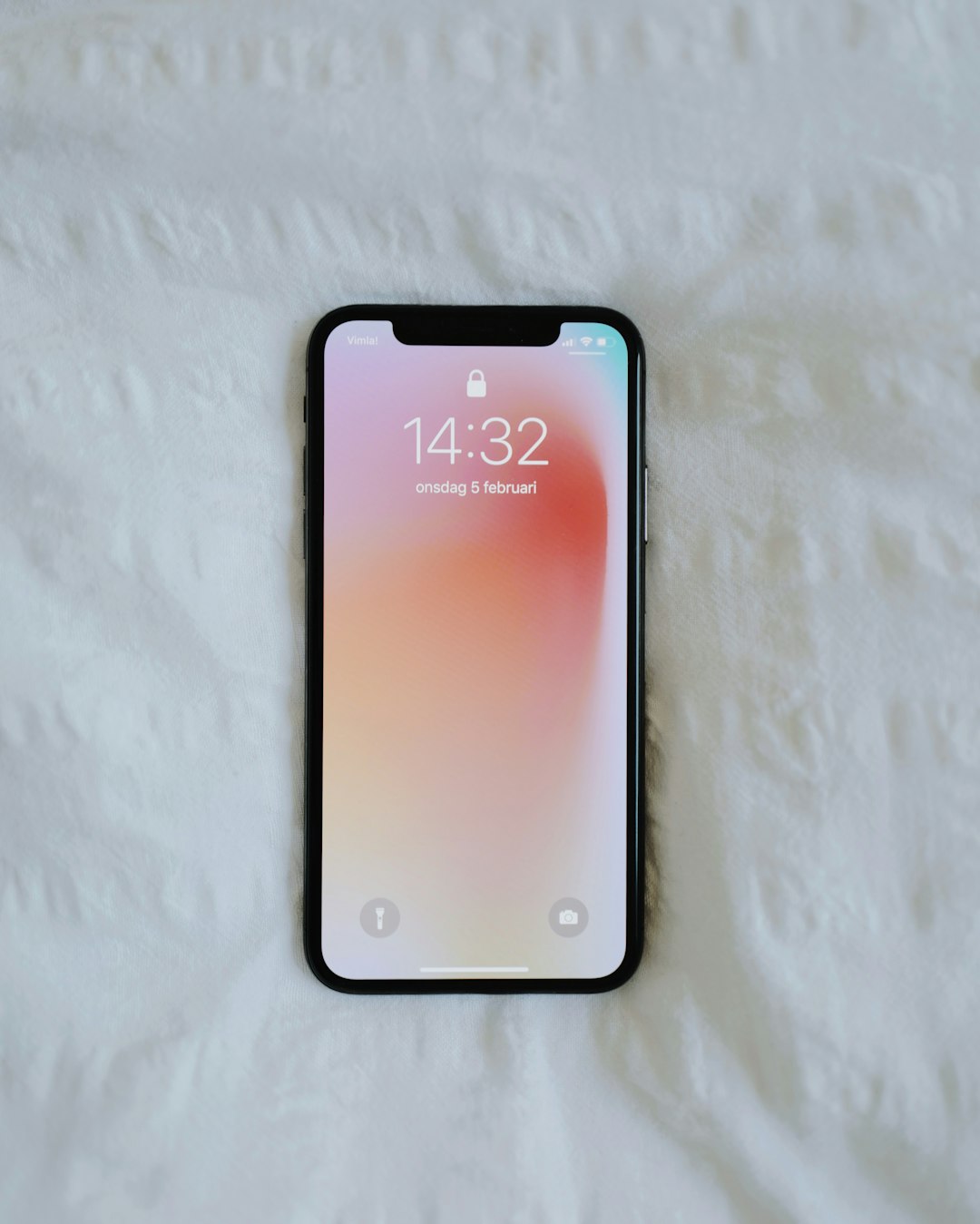In Nevada, robocalls are regulated by state and federal laws like the TCPA, which prohibits automated calls without consent. Residents plagued by unwanted robocalls can file complaints with the FTC or sue under the TCPA for damages. Understanding legal rights is key when considering action against robocall fraud in Nevada. Political robocalls have surged, raising privacy concerns; blocking numbers offers temporary relief but isn't a complete solution. Filing complaints with the FTC and state AG's office, along with consulting consumer protection attorneys, can explore legal options, including suing over unauthorized robocalls in Nevada.
In the digital age, robocalls have become a ubiquitous yet nuisance for Nevadans. This article delves into the evolving landscape of automated calls in Nevada, exploring their legal framework and impact on residents. We uncover common scams targeting the state’s citizens, analyze the surge in political robocalls, and present practical solutions to mitigate these calls. Furthermore, we examine the legal rights of Nevadans and whether they can hold call initiators accountable, including the potential for suing over unwanted robocalls.
Understanding Robocalls in Nevada: A Legal Perspective

In Nevada, like many other states, robocalls have become a ubiquitous part of daily life for residents. These automated phone calls, often promoting products or services and sometimes posing as legitimate organizations, are regulated by state and federal laws designed to protect consumers from harassment and deceptive practices. The Telephone Consumer Protection Act (TCPA) restricts the use of automated dialing systems and prerecorded messages without prior express consent.
If you’re asking yourself, “Can I sue for robocalls in Nevada?” the answer is yes. If you’ve received unwanted robocalls, you may have legal recourse. Residents can take action against businesses or call centers engaging in illegal robocall activities by filing a complaint with the Federal Trade Commission (FTC) or suing under the TCPA. Understanding your rights and the legal landscape surrounding robocalls is crucial in navigating potential litigation.
Common Robocall Scams Targeting Nevada Residents

Nevada residents are increasingly facing a barrage of unwanted robocalls, each promising prizes or threatening consequences in an attempt to steal personal information or money. One common scam involves calls claiming to be from government agencies or financial institutions, demanding immediate action and threatening severe penalties for non-compliance. These calls often ask for social security numbers, bank account details, or other sensitive information under the guise of a legitimate concern.
Another prevalent tactic is the use of automated systems to make cold calls offering fraudulent prizes or investments. Scammers may pose as lottery winners, tech company representatives, or even legal entities, claiming that the resident has won a prize or owes money and needs to provide personal data for processing. Given the ease of making bulk calls, these scams have become more aggressive, targeting vulnerable individuals across Nevada. Those who receive such calls are advised to be wary, hang up immediately, and consider seeking legal counsel if they believe they’ve been targeted by robocall fraudsters—including exploring their rights to sue for robocalls in Nevada.
The Rise of Political Robocalls: An Analysis

In recent years, political robocalls have seen a significant surge in Nevada, much like many other states across the country. These automated phone calls, often used by political campaigns to reach and influence potential voters, have become a common—yet controversial—tactic. With advancements in technology, political parties can now easily target specific demographics with personalized messages, making them an effective tool for mobilizing supporters. However, this trend has also sparked concerns among residents about privacy and the potential for fraud.
The increase in political robocalls has raised questions about consumer rights, particularly regarding the Can I Sue For Robocalls Nevada scenario. Many Nevadans are left wondering if they have any legal recourse when these calls become intrusive or misleading. As political campaigns continue to explore innovative ways to engage voters, understanding the balance between effective communication and respecting residents’ privacy will be key in shaping future regulations around robocalling practices.
How to Stop Robocalls: Effective Solutions Explored

Robocalls can be a nuisance and, in some cases, illegal, which has many Nevadans asking, “How do I stop robocalls?” While blocking numbers and using existing consumer tools are effective immediate solutions, they aren’t always comprehensive. To address this issue more systematically, individuals can file complaints with the Federal Trade Commission (FTC) and their state attorney general’s office. These agencies track and take action against known robocallers.
Additionally, Nevada residents have legal recourse if they feel they’ve been targeted illegally. “Can I sue for robocalls in Nevada?” is a common query, and the answer is yes. The Telephone Consumer Protection Act (TCPA) prohibits automated calls to cell phones without prior express consent. If you’ve received unwanted robocalls, you may be entitled to damages, and consulting with an attorney specializing in TCPA cases can help explore your options and determine if suing is a viable solution.
Can Nevadans Hold Callers Accountable: Legal Recourse

In Nevada, as in many states, robocalls have become a ubiquitous and often unwanted part of daily life. While federal laws like the Telephone Consumer Protection Act (TCPA) offer some protections against automated calls, enforcing these laws can be challenging. Nevadans who feel they’ve been wronged by robocallers do have legal recourse, however. If a caller uses an automatic dialing system or prerecorded messages without permission, individuals may file a complaint with the Federal Communications Commission (FCC) and potentially seek damages through litigation.
To determine if you can sue for robocalls in Nevada, it’s crucial to understand the specifics of the call and the laws involved. Legal action might be merited if the calls were unsolicited or if they violated your privacy rights. Consulting with an attorney specializing in consumer protection law can help Nevadans navigate these complexities and explore their options for holding callers accountable.






